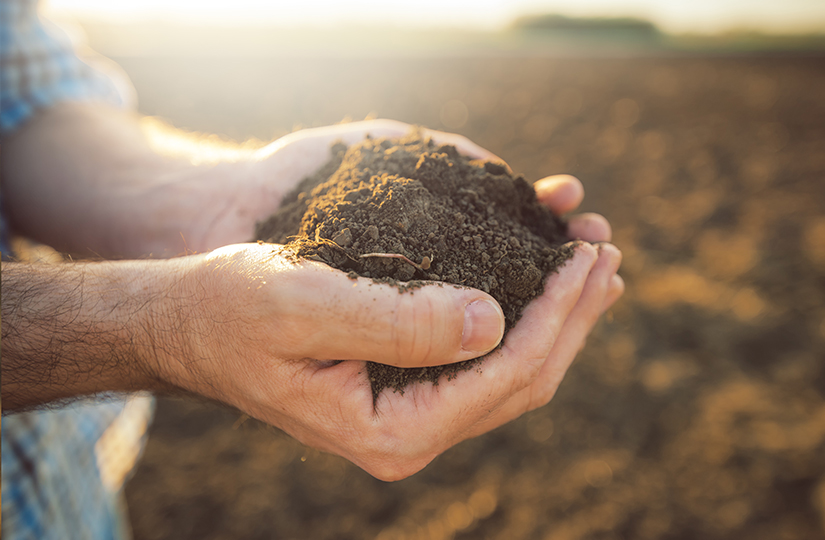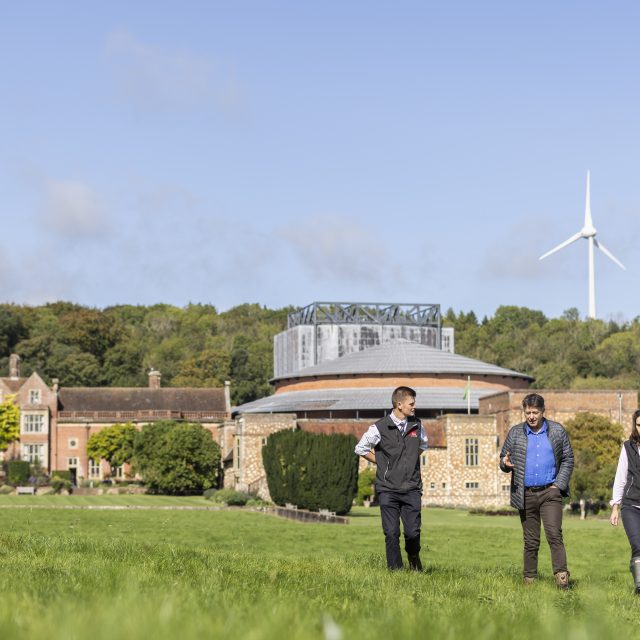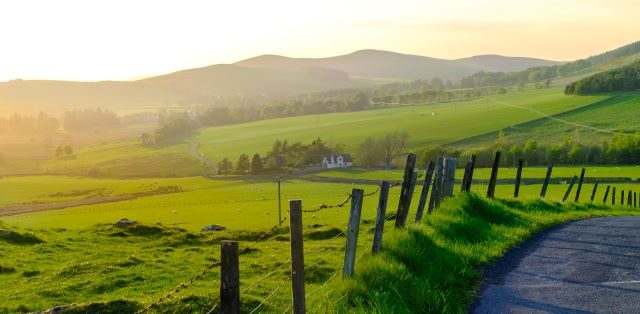
An introduction to regenerative agriculture
You don’t have to look very far in the food and farming community now before you come across a reference to ‘regenerative agriculture’. Farmers are looking at their systems with fresh eyes, food manufacturers and retailers are refocused on the methods by which the products they sell impact the environment and investors in food and farming businesses are insistent on demonstrating clear environmental credentials. For example, potato processor McCain has just announced that it will be implementing regenerative agricultural practices across 100% of its potato acreage — representing 370,000 acres worldwide — by 2030.
But, in the absence of formal protocols or certifications, what does this really mean, what is it for and why should we be interested?
All farmers know that healthy soils form the fundamental key to the production of crops and grass-fed livestock and there is an increasing awareness of the potential negative impact of some conventional practices. With Basic Payments now declining in England, many farmers are looking at whether regenerative agriculture could be part of the solution to building business resilience. Is it really possible to reduce costs and improve margins, while enhancing soil health at the same time?
Regenerative agriculture goes a step beyond the idea of farming sustainability. Where sustainable agriculture encourages the maintenance of an ecosystem as it is currently functioning, regenerative agriculture seeks to improve the ecosystem and enhance the services it provides.
What this means in practice will vary from farm to farm. Proponents of regenerative farming all agree it is important to tailor the appropriate regenerative methods to each individual farming system based on equipment, time available, soil types, and enterprise structure.
Strutt & Parker’s farming team has produced a short guide to the main principles and highlights some key considerations for farming businesses exploring regenerative agriculture methods.
It outlines:
- The key principles of regenerative agriculture
- Implications and opportunities for arable farmers
- Implications and opportunities for livestock farmers
- Pointers for anyone thinking of making a change to their farming system
- Where there may be opportunities for grant support
- Glossary of terms commonly used in relation to regenerative agriculture.
For more information on how the Strutt & Parker farming team can help on regenerative agriculture contact your local office.





